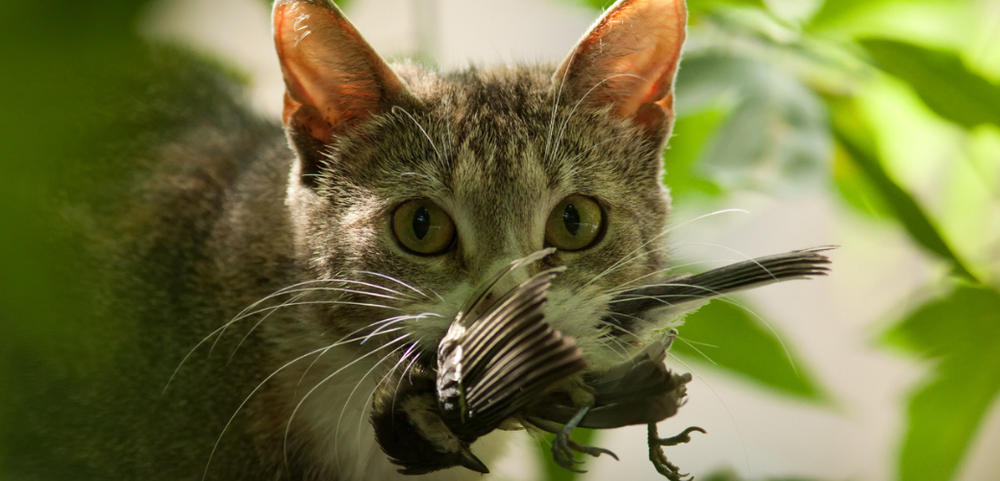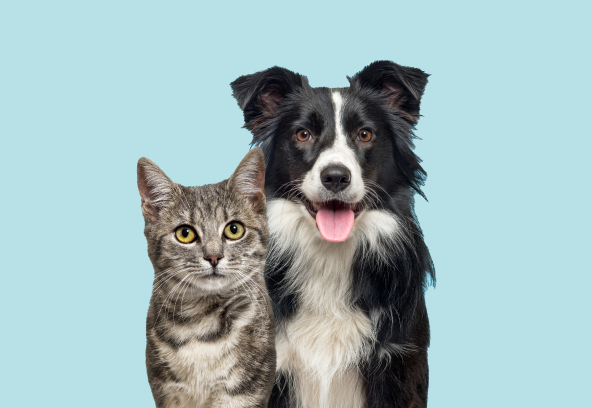Cats are treasured companions that enrich our lives. It's our duty to care for them and safeguard our native wildlife. This post highlights the importance of understanding cats' hunting instincts and provides tips for responsible ownership.
31 July 2024
Cats are our beloved companions, filling our lives with joy and comfort. As their guardians, it's up to us to look after their well-being while also protecting our native wildlife. In this blog post, we explore the significance of understanding the varying hunting instincts among cat breeds and provide practical tips for responsible cat ownership. By embracing these strategies, we can ensure our furry friends live happy, fulfilling lives without putting the safety and diversity of local wildlife at risk.
Understanding Hunting Instincts Across Cat Breeds
Cats are natural hunters, a trait deeply ingrained in their DNA from their wild ancestors. While the instinct to hunt is a shared characteristic among domestic cats, the intensity of this behaviour can vary significantly between breeds. To better tailor their care and environment, cat owners need to recognise these differences.
Breeds Known for Strong Hunting Instincts
- Siamese
- Bengal
- Abyssinian
- Siberian
Breeds with Lower Hunting Instincts:
- Ragdoll
- British Shorthair
- Persian
Understanding your cat's breed-specific traits is crucial for providing appropriate mental and physical stimulation. While some breeds may thrive on interactive play and simulated hunting activities, others may be content with a more relaxed environment. Regardless of breed, responsible cat ownership involves acknowledging and accommodating your cat's instincts for a happy and healthy coexistence.
Here are some tips for being a responsible cat owner and preventing unnecessary harm to our local ecosystems.
Bell collars
Attaching a bell to your cat's collar serves as a simple and effective way to alert wildlife to your cat's presence. Birds, in particular, can hear the jingling from a distance, giving them a crucial heads-up to evade potential danger. This small addition to your cat's collar helps minimise surprise encounters and reduces the likelihood of unintentional harm to local wildlife.
Catios
Building a catio offers a compromise between allowing your cat outdoor exploration and protecting wildlife. These screened enclosures provide a safe and controlled environment where your cat can experience the outdoors without threatening birds and other small animals. Catios come in various sizes and styles, ranging from window boxes to large, enclosed spaces, making it possible for every cat owner to find a suitable option.
Guided outdoor adventures
If a catio isn't an option, guided outdoor time is a great way to practice responsible cat ownership. Accompanying your cat on outdoor adventures allows you to keep an eye on their interactions with wildlife and step in when needed. Using a leash or harness gives your cat the freedom to explore while you maintain control, helping to lessen their impact on the local environment.
Indoor playtime
Indoor playtime is a fantastic way to curb your cat's hunting instincts outside. Toys that mimic the movements of prey, like feather wands or robotic mice, offer both mental and physical exercise. Regular play sessions fulfill your cat's natural instincts and shift their focus away from hunting outdoors.
Neutering/Spaying
Having your cat spayed or neutered is crucial to responsible cat ownership; this not only helps control the feline population but also tends to reduce roaming behaviour. Spayed or neutered cats are generally less inclined to wander, minimising their encounters with wildlife and decreasing their potential impact on local ecosystems.
Mental Stimulation
Keeping your cat's indoor environment stimulating is crucial to prevent boredom and the urge to hunt outdoors. Adding climbing structures, scratching posts, and puzzle feeders can make your cat's indoor space more engaging. Providing mental stimulation not only meets your cat's instinctual needs but also decreases the chances of them seeking entertainment through hunting wildlife outside.
By incorporating these tips into your cat ownership routine, you can balance your cat's well-being with conserving our native wildlife.
Are you ready to shield your pet against the unexpected?
Discover how our comprehensive pet insurance options can be your financial lifeline in times of need. Explore the possibilities today –contact us or see the details of our plans.



